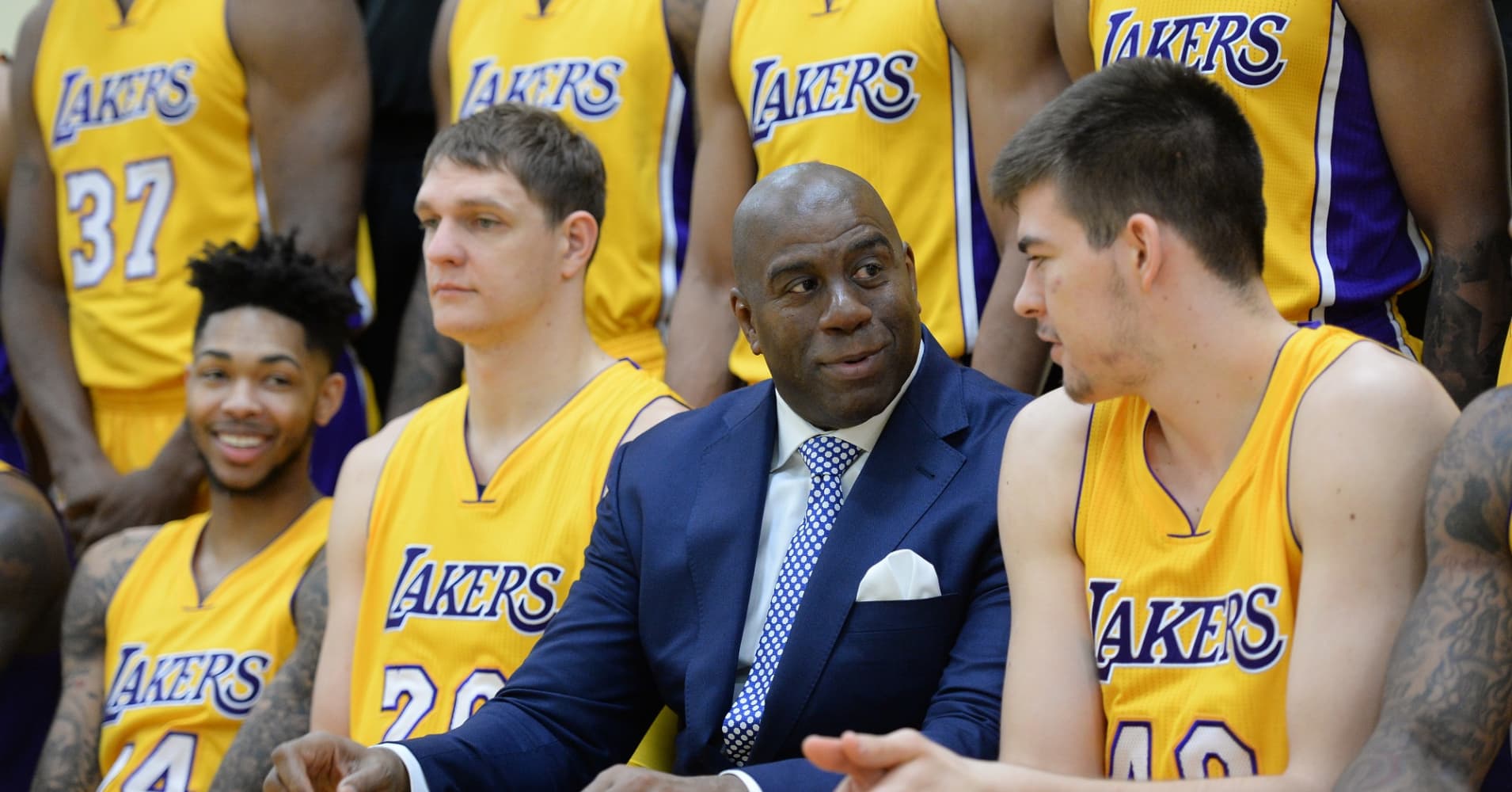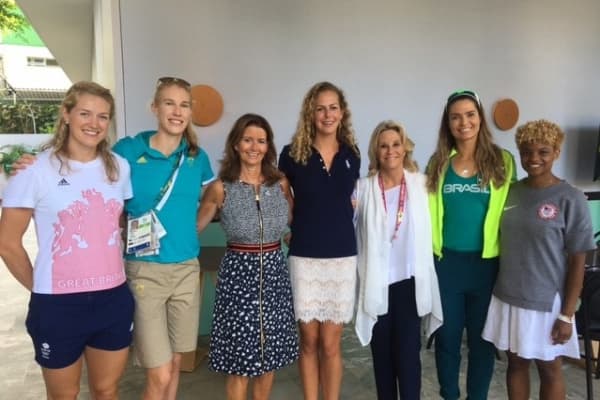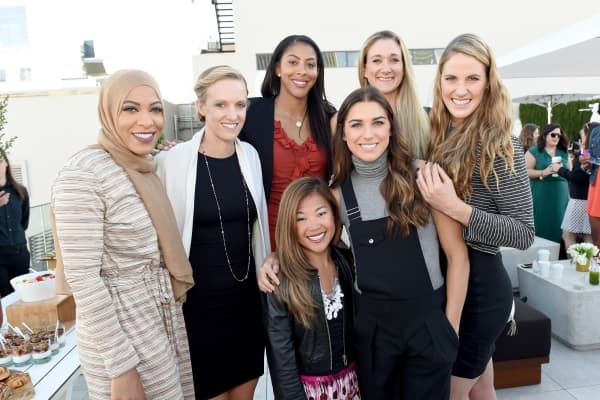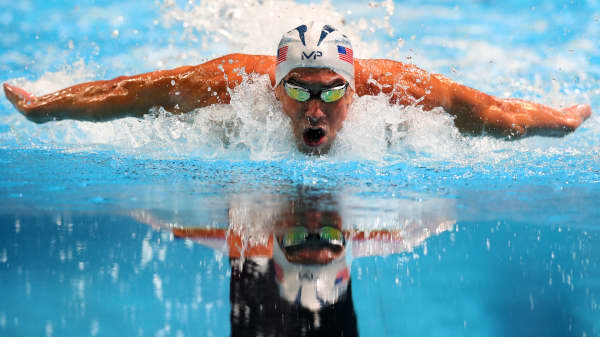Several years ago, EY launched the Women Athletes Business Network to help top women athletes transition from competitive sports into successful careers in business and leadership. Our research found that 94% of C-suite women played sports, so we decided to see what would happen when you support competitive athletes through mentorships with top women in business.
Our hypothesis was correct: The skills and experience gained through sports translate into marketable leadership skills.
Last year, we expanded our efforts with a new pilot program, hiring nine female 2016 Rio competitors from six countries directly into our ranks at EY as interns.
I'm happy to note all of these interns in our "experiment" have delighted their managers and added value to their teams. In fact, many of them will be joining EY full-time this year.







